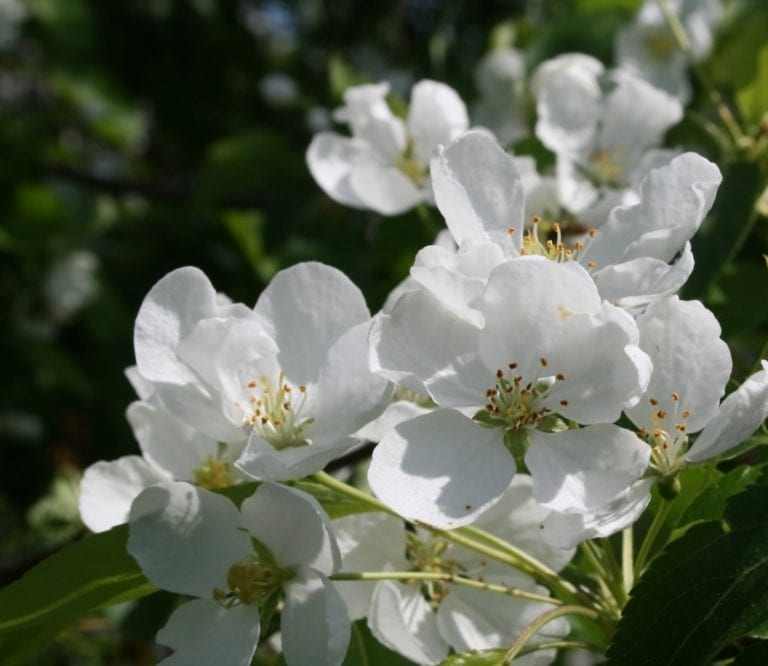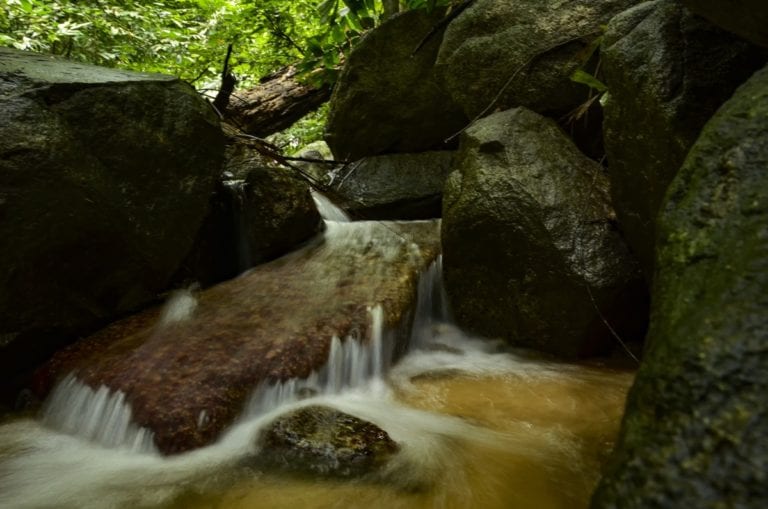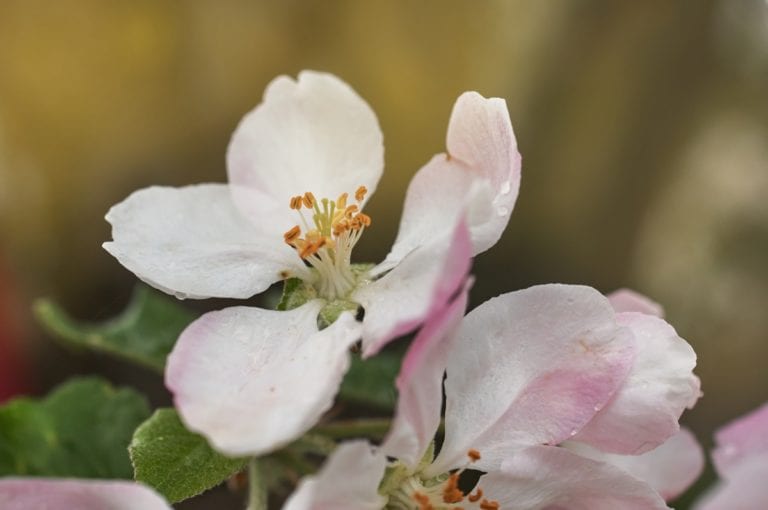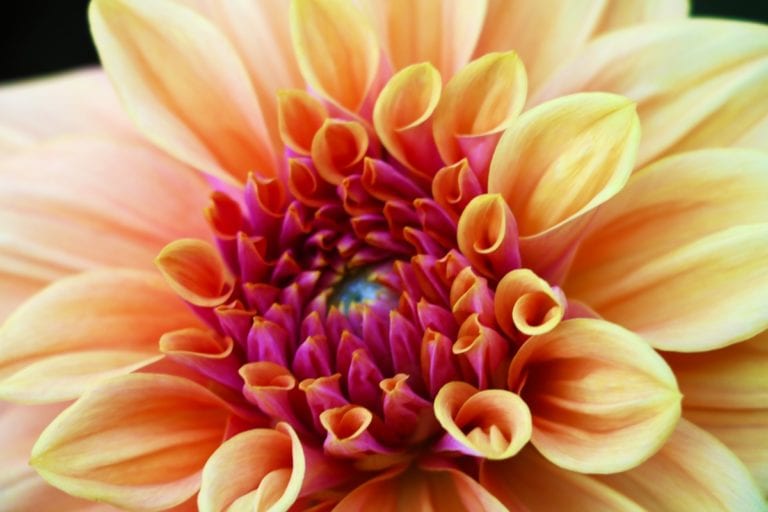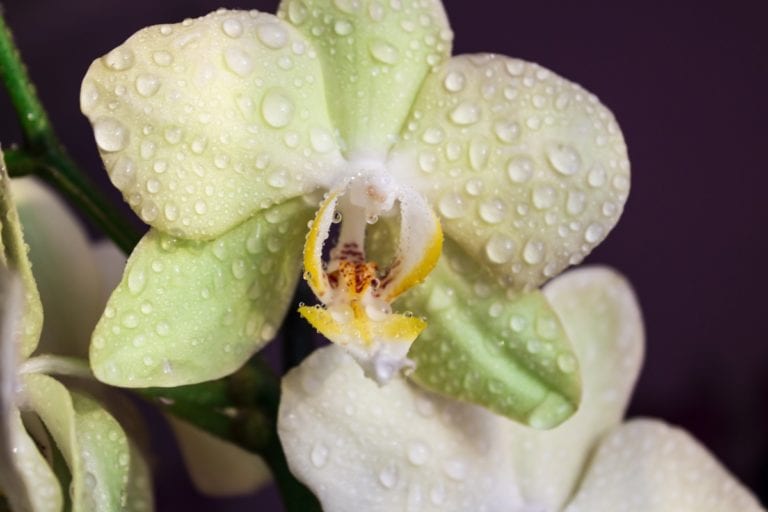759th Week: The Choices We Make
Listening to the news these days can be an invitation to concern, suffering, compassion, action, and many other responses. I’ve been thinking lately about the power of the moment-to-moment choices we make as we move through our daily lives, whether our choices lead to action or non-action, and how that reflects the quality and nature of those choices. Here’s a quotation from Joanna Macy that speaks to what I’ve been thinking about:
“The obvious choice, then, is to extend our notions of self-interest. For example, it would not occur to me to plead with you, ‘Don’t saw off your leg. That would be an act of violence.’ It wouldn’t occur to me (or to you) because your leg is part of your body. Well, so are the trees in the Amazon rain basin. They are our external lungs. We are beginning to realize that the world is our body.” ~ Joanna Macy, Greening of the Self
I would add to this quotation that this also applies to every one of our brothers and sisters in our global human family, as well as to all our kin of every species within every form of life on this planet.
Read More “759th Week: The Choices We Make”
